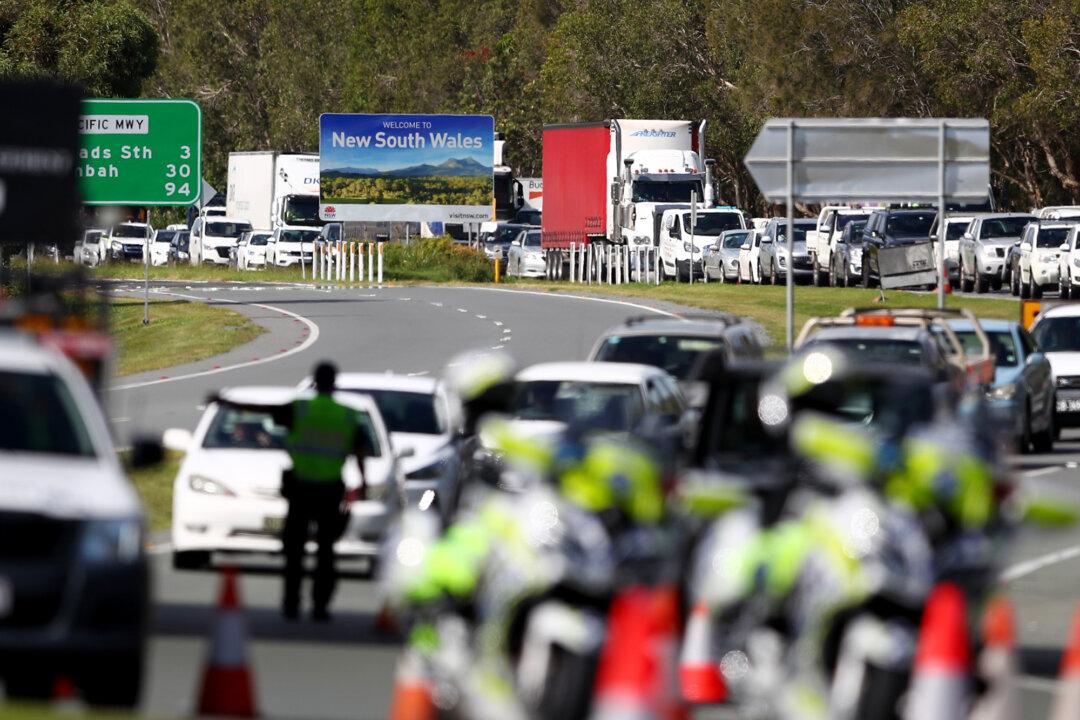As of midnight April 4, Queensland’s borders will be closed to all non-critical fly-in-fly-out resource sector employees who work in Queensland but live interstate, as the government seeks to protect regional and remote communities from the COVID-19 disease.
Mines Minister Dr. Anthony Lynham announced the decision in a statement on March 31. “The resources sector is essential to maintaining a strong Australian economy.





